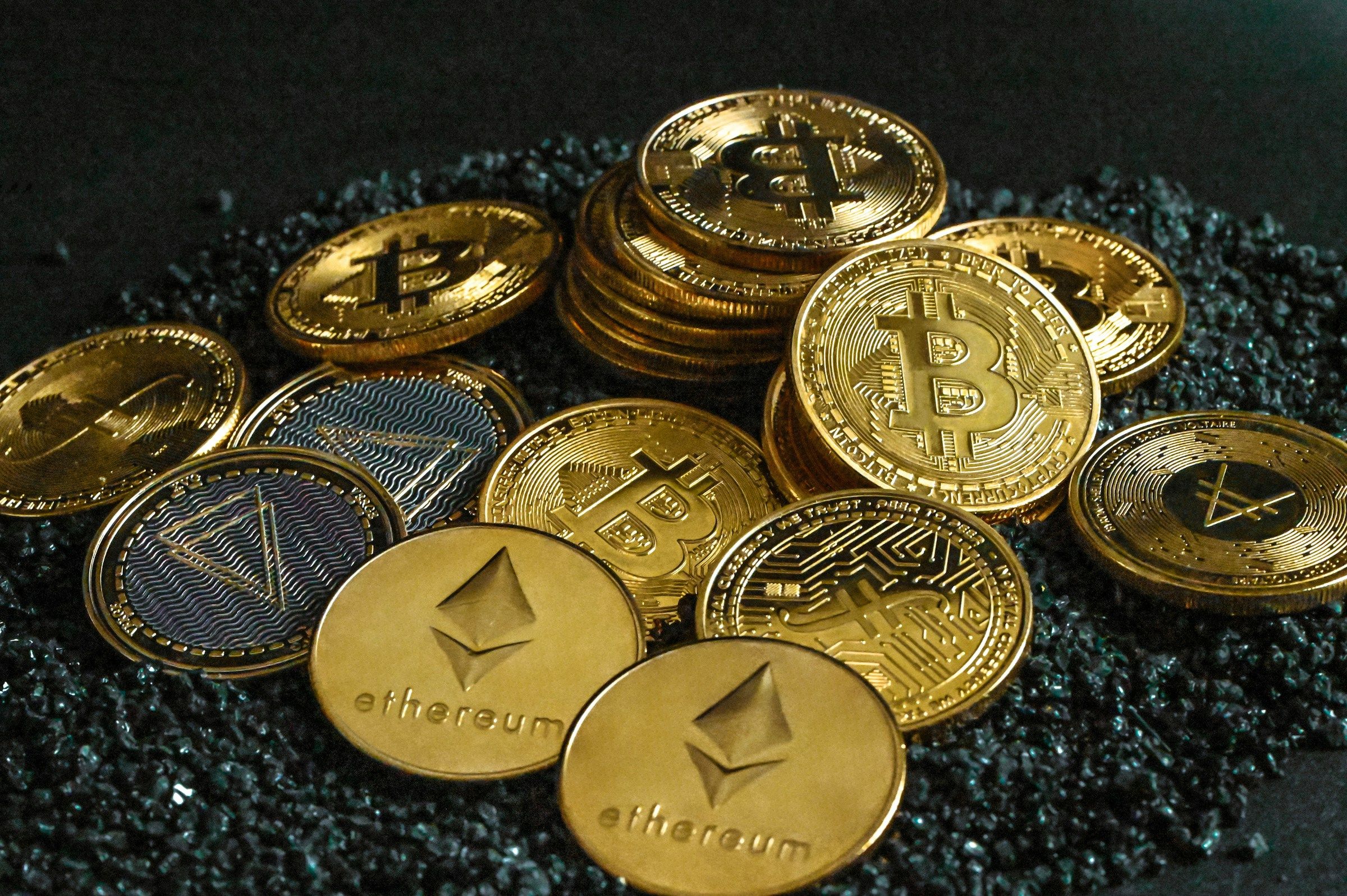Crypto watch LATAM: Honduras warns against Bitcoin while Argentina embraces lithium tokenisation

Latin America’s evolving crypto landscape is witnessing a sharp divergence in policy.
While Honduras is doubling down on its warnings against cryptocurrencies like Bitcoin and Ethereum, Argentina is embracing blockchain innovation by moving forward with lithium tokenization and introducing new regulations for virtual asset service providers.
Honduras Central Bank reaffirms opposition to crypto adoption
The Central Bank of Honduras (BCH) has once again voiced its firm stance against the use of cryptocurrencies.
In a fresh public advisory, the bank warned citizens about the high volatility and risks associated with digital assets such as Bitcoin, Ethereum, and Litecoin, emphasizing that these are not legal tender under Honduran law.
In a social media statement, BCH clarified that cryptocurrencies operate outside the country’s legal and financial systems and that it neither supports nor guarantees transactions involving them.
“Investing in cryptocurrencies is done at your own risk,” the bank cautioned, urging people not to invest more than they can afford to lose.
This reiteration follows previous warnings, including one issued during BCH’s 70th anniversary, which emphasized that the Lempira remains the sole legal currency in Honduras.
BCH stressed that it is the only institution authorized to issue legal tender and that it does not regulate or oversee any form of virtual currencies used for payment or investment.
The bank’s renewed caution reflects broader concerns in the region about the speculative nature of cryptocurrencies and their potential to destabilize local economies.
Argentina advances lithium tokenisation with blockchain integration
In contrast to Honduras’s skeptical approach, Argentina is accelerating its push into blockchain innovation.
The country is making significant progress on lithium tokenization through a partnership with Atómico 3, a company focused on applying blockchain to commodity management.
The initiative aims to improve traceability, accountability, and trust in Argentina’s lithium supply chain.
Each AT3 Commodity Token will be backed by actual lithium reserves extracted from the Salar de Mogna region in the San Juan province.
These tokens will be issued on a blockchain ledger to provide transparency and verifiability throughout the mining and export process.
Atómico 3 has pledged to meet production obligations for the next ten years and use smart contracts to distribute revenue to token holders based on lithium market prices.
Once the operational cycle is complete, the tokens will be redeemed and permanently removed (burned) from circulation.
The move is seen as a bold step in using digital assets to bridge traditional industries with emerging technologies, especially in sectors such as battery production and electric vehicles.
A detailed whitepaper has been released, outlining the project’s scope, regulatory compliance, and potential for international trade.
Argentina introduces new crypto regulation framework
On March 21, Argentina’s National Securities Commission (CNV) unveiled a regulatory framework for Virtual Asset Service Providers (VASPs). The announcement came during a well-attended event featuring stakeholders from the fintech and capital markets sectors.
The CNV confirmed the approval of General Resolution No. 1058, developed through public consultation, which formally designates the CNV as the oversight body for VASPs under Law No. 27.739.
Officials emphasized that the new framework is aligned with international standards, including those of the Financial Action Task Force (FATF).
With these developments, Argentina is positioning itself as a regional leader in the integration of blockchain technology and crypto regulation, while Honduras remains cautious—underscoring the diverging paths Latin American countries are taking on digital assets.
The post Crypto watch LATAM: Honduras warns against Bitcoin while Argentina embraces lithium tokenisation appeared first on Invezz



